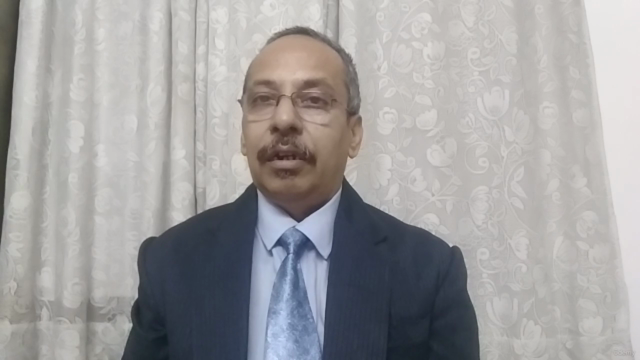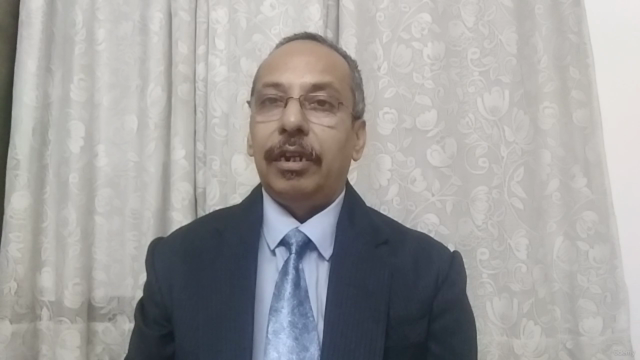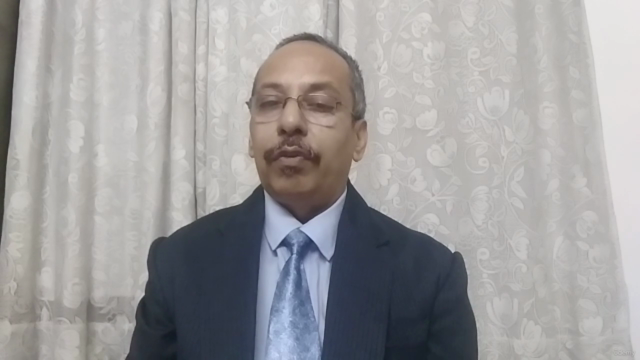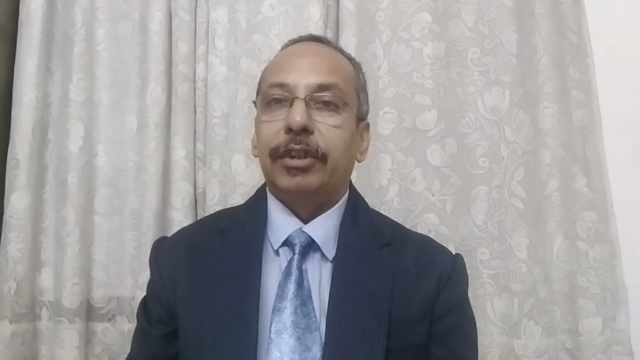Pollution : Hazard for mankind

Why take this course?
🌫️ Course Title: Pollution: Hazard for Mankind 🚀
Course Headline: Unveiling the Shadows of Air Pollution on Our Planet 🌍
Introduction to Environmental Chemistry: In the last two decades, environmental chemistry has emerged as a beacon of knowledge, illuminating the critical issues surrounding our planet's health. This pivotal discipline scrutinizes the chemical interactions that occur within our ecosystems—air, water, and soil. Understanding the sources, transport, reactions, effects, and fates of chemical species is paramount in combating environmental pollution and protecting our environment from harmful anthropogenic activities.
Understanding Environmental Pollution: Environmental pollution is the invasive contamination of our surroundings with toxic substances resulting from human actions. These pollutants—chemical, physical, or biological—can significantly disrupt both ecosystems and our own health. The adverse impacts of pollution are escalating at an alarming rate and, if left unchecked, threaten not only our existence but also the very habitats that sustain us.
Key Concepts in Pollution:
- Pollutant: Any substance, whether from natural sources or human activity, that causes adverse effects on the environment is termed a pollutant.
Control of Air Pollution: The challenge of controlling air pollution lies both at its source and during the dispersion of pollutants. While it's not straightforward, there are strategies we can implement to mitigate air pollution:
- Selecting appropriate raw materials for production.
- Choosing optimal sites for industrial facilities.
- Implementing modern technology to reduce emissions and effluents.
Strategies for Air Pollution Mitigation:
- Control of CO (Carbon Monoxide): To combat CO pollution, several measures are effective:
- Installing anti-pollution exhaust catalysts.
- Enhancing the efficiency of internal combustion engines through design improvements.
- Shifting to alternative fuels such as Compressed Natural Gas (CNG), Liquefied Petroleum Gas (LPG), and Hydrogen (LH2).
Why Study Air Pollution? Air pollution is a silent crisis that affects every corner of the globe. It's not just an environmental issue but a human one, with far-reaching implications for our health, our economies, and the very air we breathe. By understanding the science behind air pollution, we can develop informed solutions to protect our environment and ensure a sustainable future for all.
Course Benefits: By enrolling in this course, you will:
- Gain a comprehensive understanding of environmental chemistry and its role in addressing pollution.
- Learn about the different types of pollutants and their sources.
- Explore innovative strategies to mitigate air pollution and its health impacts.
- Discover how to implement practical solutions at both local and global scales.
- Contribute to the global effort to protect our environment for future generations.
Conclusion: This course is a journey into the heart of environmental issues, with a focus on air pollution—a critical challenge of our times. Through scientific exploration, we'll uncover the mechanisms behind pollutant formation and dispersion, and learn how to effectively control and reduce their effects. Join us to become an informed advocate for environmental stewardship and a guardian of our shared atmosphere.
Enroll Now to Become an Environmental Steward! 🌿 Take the first step towards understanding the intricacies of environmental pollution and the measures we can take to combat it. Let's work together to ensure a cleaner, safer planet for everyone. 🌍✈️💧
Course Gallery




Loading charts...